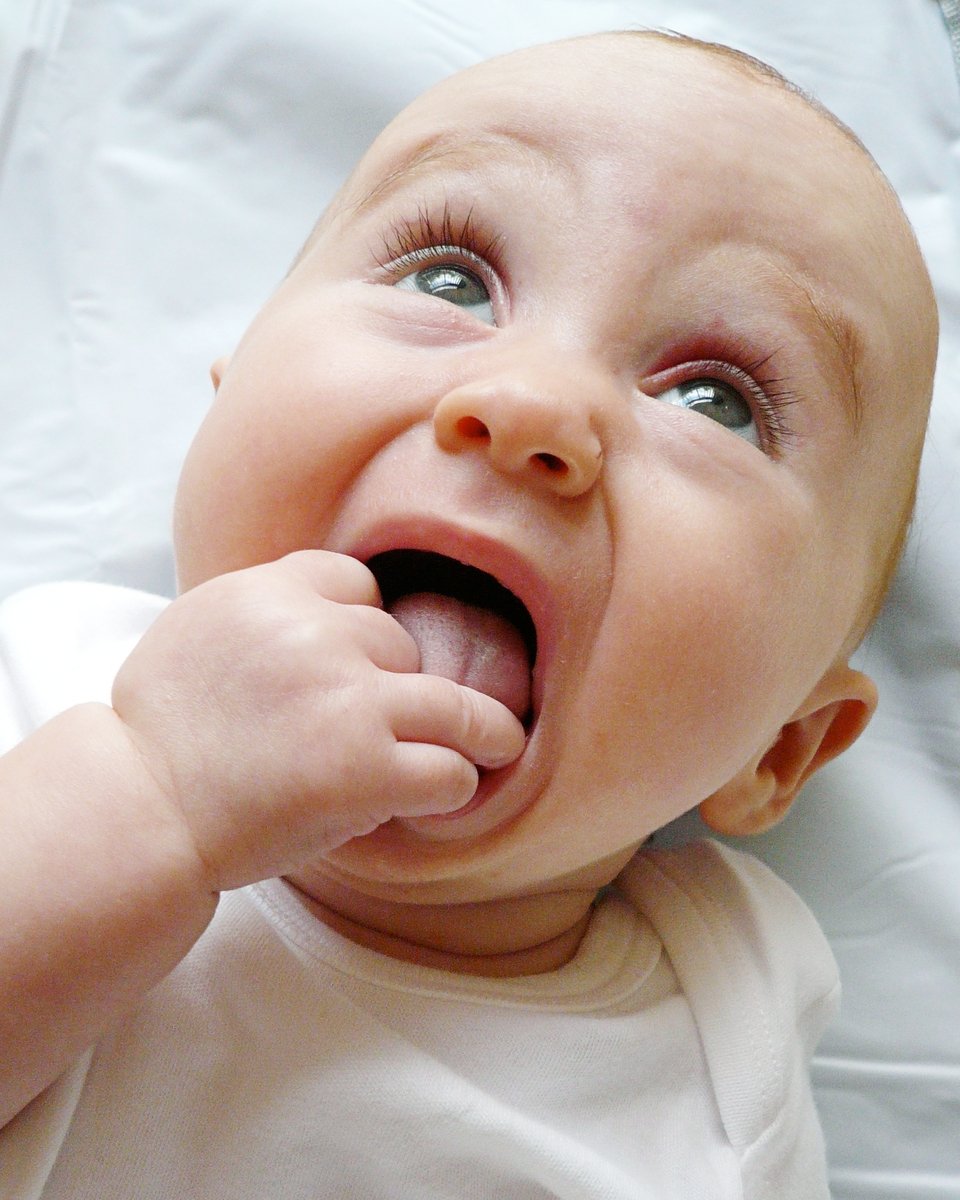Hey are you giving honey to your newborn?
What is tahnik?
What should be the first thing to introduce in newborns?
Are you sure that honey safe?
Does honey have any bad effects on your little one’s tummy?

Traditional use of honey:
People have been giving honey to the newborns and babies (under the age of 1 year) over the centuries. But are you sure that it’s a good practice? No, it’s not a safe practice. After researches it has found that bacteria in raw honey can cause infections in infants.
However, tahnik (softened dates rub on the palate of infant immediately after birth) has no side effects. Because it is offered in small quantity and has glucose which maintains newborn’s glucose level. The effectiveness of tahnik has been proved in research For newborns and babies the best source of nutrition is breastfeeding.
In this article you will know about the side effects of honey in infants.
Side effects of use of honey in infants:
Clostridium bacteria is present in honey and it cause infant botulism. As we are using honey in raw form like it cannot be washed and we don’t boil it to kill bacteria. So, different bacterias can grow in honey. As newborns have weak immunity so they can be easily effected by the bacteria while adults have strong immunity so they can easily fight with bacteria. In Infants, botulism is a serious condition which can results in
– muscle weakness
– weak cry
– constipation
– poor sucking
– floppiness (decrease muscle tone)
– in long term development delay
This is proved in a research conducted by C O
Abdulla in July 27, 2012. That giving honey to infants under the age of 1 year can results in infant botulism. Research
How and when to start the honey:
After 1 year of age you can start using honey. At this stage your baby has strong immunity and has mature gut to digest honey easily. So Clostridium bacteria will not affect your baby when he becomes 1 year old.
Begin with 1/4 teaspoon and then gradually increase the amount of honey.
Top honey brands:
–New Zealand Manuka honey


Leave a Reply